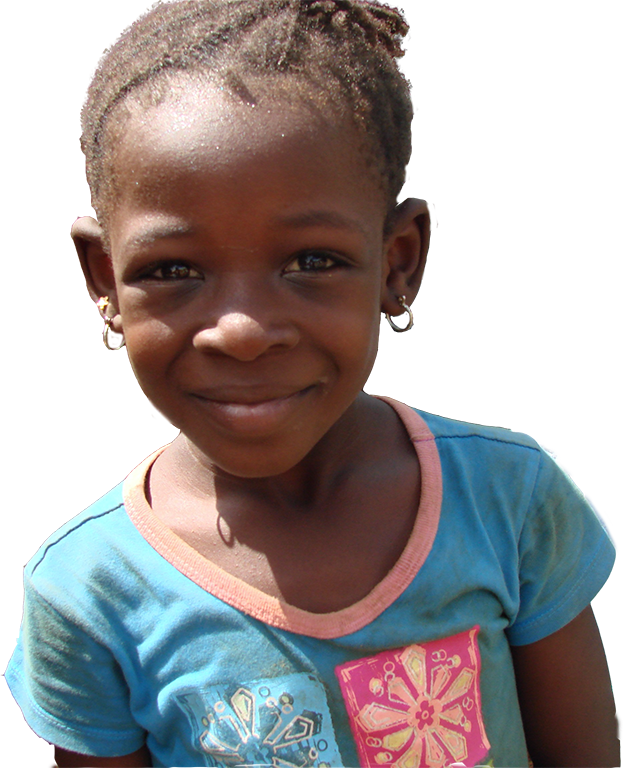The small-scale farmers of Mali and Burkina Faso practice a subsistence system of agro-pastoral farming based on crop production and diverse livestock. During the rainy season crops include maize, millet, sorghum, groundnut, beans and cotton. Many of the small farmers in this region have added livestock to their farming practices as a way to limit the risks associated with climate fluctuations that impact their water supplies critical for crop farming. When emergency or household cash is required for school supplies, clothing, and other necessities sheep and goats are easily transported and sold at the weekly live animal markets.
Raising sheep and goats within a rapidly changing climate can be challenging. The sheep and goat flocks are primarily open-range grazed during the rainy season (June-September) and provided little or no supplemental feeding throughout the dry season (December through May). Small ruminants are allowed to scavenge for food with little regard for their nutritional requirements. Farmers focusing on crop production often lack a tradition in livestock husbandry common to the semi-nomadic cultures of the desert and semi-desert areas.
Despite the growing demand of the local and nearby urban customers for meat and goat milk and the existence of crop residues and forages small crop farmers are hesitant to dedicate time and resources to their flocks due to their poor genetic potential. No matter how well they are fed they will not grow beyond their genetic potential. Breeds with increased size and growth potential require a significantly increased nutritional base and will not perform to their potential under the current management conditions. Both factors, genetics and nutrition, need to be changed concurrently. This is a difficult step to take successfully without outside professional support. This project provides genetic and nutritional technical support through the collaboration of the University of Segou, Mali and U.S. agriculture extension volunteers.

